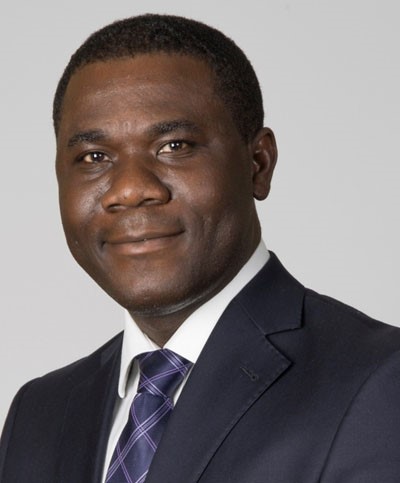…as country drops 2 places in investment expenditure index
A waiver of Value Added Tax (VAT) on big-ticket cost items such as drilling and laboratory services will strengthen the mining sector’s contribution to the economy, as well as cement the country’s prestigious position as the continent’s top gold producer, the Ghana Chamber of Mines has said.
In 2020, the sector contributed GH¢4.172billion to the national fiscal purse – up from the GH¢4.013billion recorded in 2019. The mining industry was also the country’s lead export earner, accounting for 48.4 percent of gross merchandise exports in 2020 despite the global economic crisis occasioned by the COVID-19 pandemic, the Chamber said in its 2020 annual report.
This notwithstanding, the Chamber is of the view that incentives are needed to incentivise more investments into exploration activities; a move its President, Eric Asubonteng, said is key to sustaining output going forward, and to improve the industry’s role as a major foreign exchange earner.
“It is crucial to put in place an incentive scheme that will reduce the cost associated with exploration and attract the required critical investments into this high-risk business of mineral exploration. As a first step, we urge government to exempt exploration companies from payment of VAT on big-ticket cost items such as drilling and laboratory services. Effectively, the extent of actual exploration activity is diminished by upfront costs such as VAT on inputs and landholding costs.
“Thus, relieving the usually illiquid exploration companies from the payment of VAT as well as reducing the cost of landholding would not only improve their cash flow and reduce their operational costs, but also enhance Ghana’s image as a competitive destination for exploration investment. In the long run, this will guarantee continuous mineral production and flow of fiscal and forex receipts as well as other benefits from the minerals sector,” he said.
His comments are premised on the fact that the country dropped two places in the Africa Exploration Expenditure Index. Although the continent’s planned investments in gold took a dip to US$590million last year compared to the US$615.9million in 2019, Ghana dropped from second to fourth in 2020 – behind West African neighbours Cote d’Ivoire, Burkina Faso and Mali.
All three countries witnessed a significant increase in budgetary allocation for expenditure. “Minerals exploration investment in Ghana has declined significantly in recent years. This is alarming for a country to which mining is critical for forex and fiscal revenue generation,” he fumed.
As the most critical activity that guarantees sustainable production of mineral and discovery of new mineral resources, Mr. Asubonteng said providing incentives for exploration remains imperative as it will help supplement production from existing mines or replace output of mines whose economic ore body gets exhausted.
He added it will also help retain the country’s top producer status in Africa, and allow the sector to continue contributing meaningfully to government revenues.










